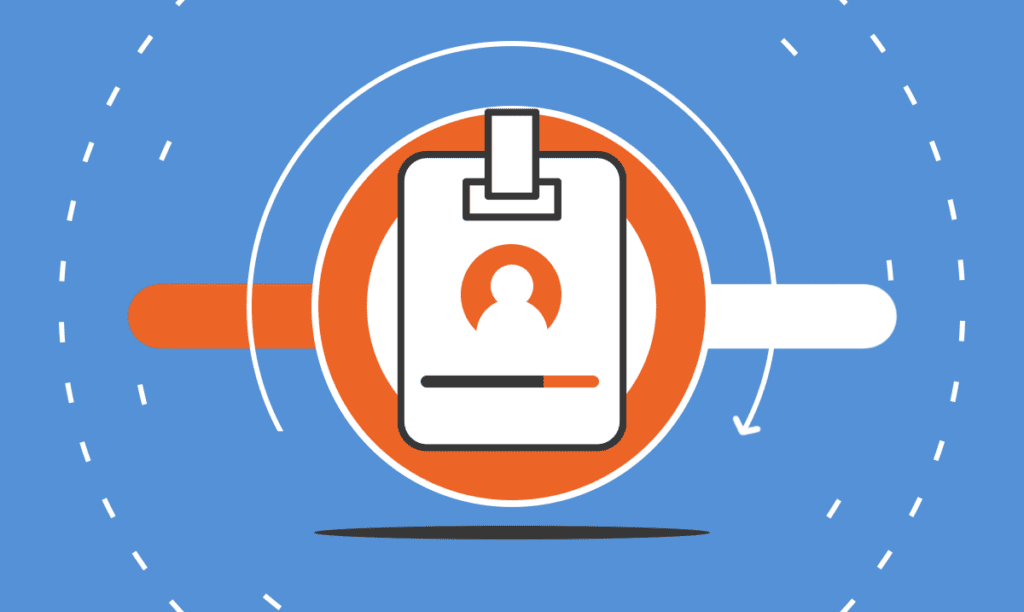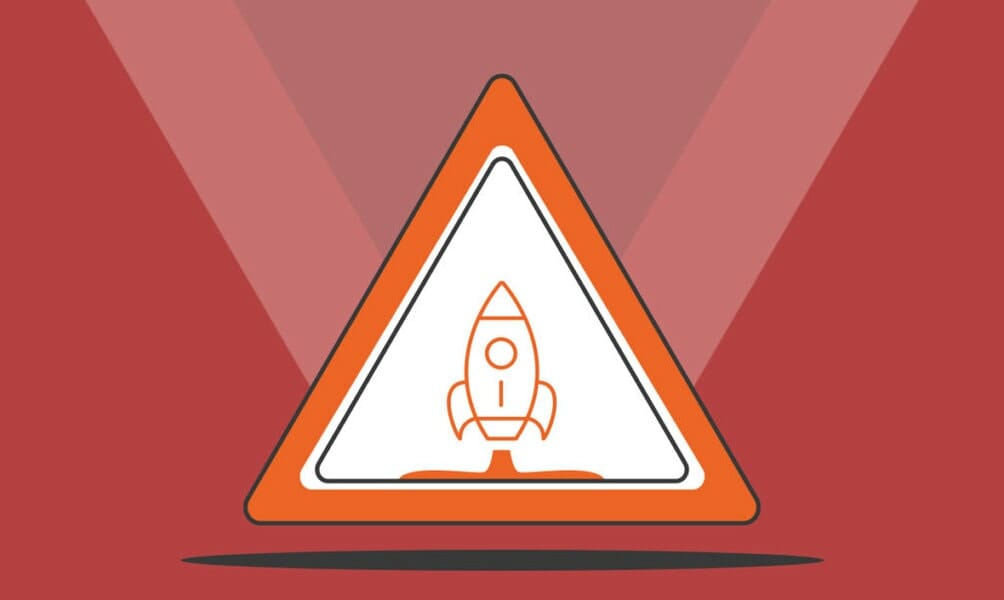“What’s in a name?” Shakespeare famously pondered, but in the business world, the answer is straightforward: everything. Didyo ...
5 Best First Jobs for People Interested in Entrepreneurship
Written by: Victoria Yu
Victoria is a business writer with a mission to help guide new entrepreneurs through starting and running their successful businesses.
Edited by: David Lepeska
David has been writing and learning about business, finance and globalization for a quarter-century, starting with a small New York consulting firm in the 1990s.
Published on January 21, 2023

So your dream is to start a successful business, but you don’t think you’re ready just yet and want a job that will provide some relevant experience without crushing your soul? You’ve come to the right place.
Common sense says you should get a job in the industry you prefer. But if that’s not possible, there are tons of jobs out there that’ll provide lessons you’ll be sure to use as an entrepreneur.
This guide highlights the best five first jobs for people interested in entrepreneurship and explains their advantages, so you can hit the ground running when you’re ready to launch your business.
1. Consultant

Consultants work with client businesses to find inefficiencies and offer solutions. They can specialize in any area of business, from accounting to marketing, and from environmental impact to legal compliance. Working for a consulting firm will let you flex your business skills while learning about employee benefits, onboarding, and collaborative work.
If you have knowledge or skills in a certain area, becoming a consultant will boost your problem-solving abilities and business acumen. Even if you specialize in one field, you’ll likely come into contact with other functional areas, helping you gain a broader understanding of business operations.
Being a consultant will also significantly expand your professional network, as you’ll likely come into contact with a wide range of businesses and professionals. Some of those contacts will surely come in handy when you start your own business.
2. Financial Analyst

What better way to appeal to future investors than by being a financial expert? Becoming a financial analyst will give you valuable experience researching market trends and recommending investment strategies. Financial analysts tend to work in large firms such as banks, financial firms, hedge funds, and insurance companies.
Working as one will boost your research, analytical, and decision-making skills, which are crucial for the long-term success of any entrepreneurial venture. Depending on the position, you may also work face-to-face with clients and have a chance to hone your interpersonal skills as well.
Once you’ve gained experience as a financial analyst, you could then work hard and become a financial manager, which offers a much broader perspective and hands-on experience into how a company manages its finances, before embarking on your entrepreneurial career.
3. Public Relations Specialist

A business is like a swan: graceful above the water but furiously kicking its feet to survive below the surface. A public relations (PR) specialist’s job is to maintain that sense of ease and confidence with smart press releases and social media posts that boost a company’s image. PR specialists work for all variety of public and professional firms and organizations.
Becoming a PR specialist will develop your tact and diplomatic skills: you’ll have to carefully balance honesty with positivity and craft copy that sounds confident yet authentic. Though we consumers might think we know how businesses behave, it can be illuminating to see firsthand the duality of a business’ internal state and public face. Once you start your business, these skills will serve you well as you communicate with customers, suppliers, staff, and investors.
4. Marketing Coordinator

Marketing coordinators research target demographics and market trends in order to develop, coordinate, and implement marketing campaigns. They shape the look and vision of a campaign and manage the practicalities, such as cost and impact.
Once you start your business, you’ll likely be performing many of these tasks to promote your product and make those first few sales. Working as a marketing coordinator beforehand, will give you incredible insights and understanding in advance and give your business a leg up.
5. Sales Associate

Sales associates work in-store and over the phone to sell to customers and process their orders and payments, working on the front lines of retail to generate sales and boost the company’s image.
Though you might have heard horror stories about working in retail, there’s really no better way to get a sense of what customers want and how they behave than by working directly with them. Working as a sales associate in your relevant field is the quickest way to learn about customers and how to build relationships with them.
Once you’ve gained experience as a sales associate, you could also move up, become a store manager or sales manager, and gain experience examining and responding to more macro sales trends.
Conclusion
If you’re able to get a job in your industry before you launch your first business, that’s probably ideal. But if you’re not, working as a consultant, financial analyst, PR specialist, marketing coordinator, or sales associate will undoubtedly deliver great value for you and your entrepreneurial future.
Either way, it’s best not to stress too much about finding the perfect first job. Every position has something valuable to teach you, whether financial skills, sales tactics, or marketing strategy. You have the rest of your life to start your business, so it’s not a bad idea to soak up knowledge and experience at various jobs until you’re ready to take the leap!
Subscribe to Our Newsletter
and gain insider access to cutting-edge business insights and trends.
Featured Resources

How to Come Up with a Business Name
Published on October 17, 2023
Read Now

Learn How to Form a Partnership Using These 7 Steps
Published on February 14, 2023
If you and one or more people are starting a business, you may want to form a partnership. But this is not a step to be taken lightly, as you’llha ...
Read Now

5 Reasons Why Entrepreneurship Is Important
Published on January 22, 2023
November is the US’ National Entrepreneurship Month and in 2022 the president celebrated “the doers, dreamers, and job creators whose vision and ...
Read Now
Comments